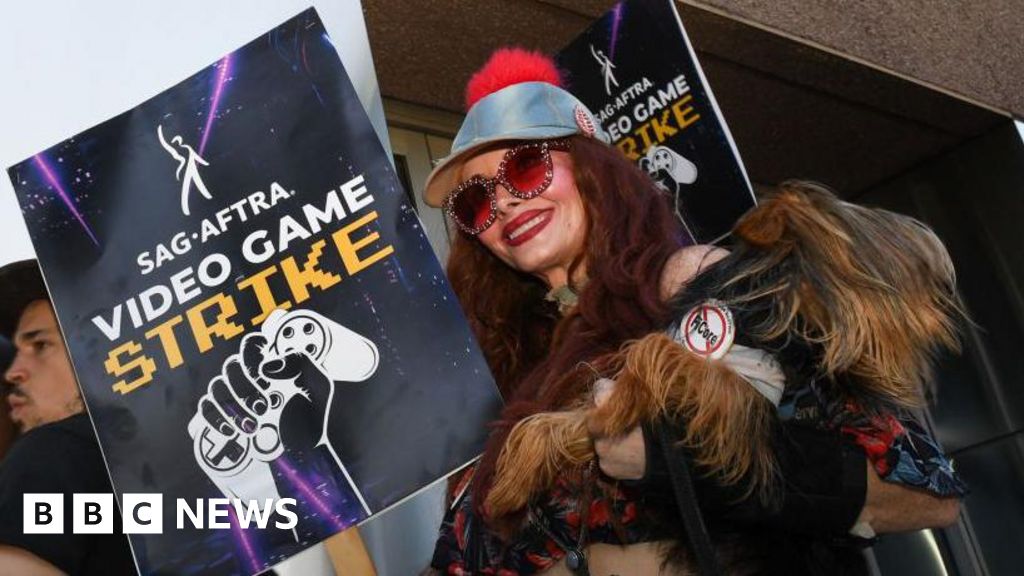Video Game Actors End Strike Against Artificial Intelligence
The video game actors’ strike against artificial intelligence (AI) has come to an end after a year. Around 2,500 members of the US Union-SAG-Aftra were involved in the campaign against 10 of the largest companies in the industry, including Activision and Electronic Arts. The union said that 95% of those who voted would have supported the agreement, which also contained changes to the salary and health and security protection.
Background of the Strike
Both sides had been included in negotiations for about 18 months when the strike started last July. At that time, Sag-Aftra said that they had approved 24 out of 25 controversial areas, but the sticking point was to replicate human performance with AI. The great barrier was a disagreement on motion recording actors, whose work was treated as "data" rather than a service.
Agreement Details
In a statement published after the vote on the end of the strike, the union said that a new contract secured "consent and disclosure requirements for the use of AI Digital Replica". Actors can also withdraw consent in the event of future strikes, it said. Audrey Cooling, spokesman for the video game companies who negotiate with SAG-Aftra, said they were "satisfied" that the members had approved a new interactive media contract. She said it was "historical wage increases, industry-leading AI protection measures and improved health and security measures for actors".
Actor’s Perspective
Ashly Burch, a video game actor known for her performances as Tiny Tina in the Borderlands series, and Chloe in the adventure game Life is Strange, said that actors did not want a total AI ban on game development. "We just don’t want to be replaced by that," she said. She said Ai was "a greater threat to voice and movement actor" as an actor in film and television, and the main goal of the strike was the guarantee of "approval, transparency and compensation". "Basically, you have to obtain our consent to make digital replica of us," she said. "You have to tell us how you will use it and then you have to compensate us fairly."
Impact of the Strike
The strike of the video game actor had no influence on the entire industry and was mainly true for employees and projects in the USA. And in contrast to the all-out strike of 2023 Hollywood, video game actors were still able to work with companies that signed a preliminary concerns about the AI. Experienced voice actors Robbie Daymond and Ray Chase, who have set up their own game studio, say that the arrangement could continue the work on their debut publication, Dating Everything!. The game contains a line-up of around 70 known actors who were able to work on the project thanks to the interim deal.
Challenges Faced by Actors
Robbie says it was a difficult year for actors in the United States. "This was a long strike, and it was strongly influenced for everyone involved," he says. Robbie says he is aware of the people whose income has made a blow in an industry in which many artists make short stations for several projects. Ray points out that voice actors had the opportunity to take work outside of video games, but the strike was particularly difficult for actors who specialized in the motion capture. "When you have come to Los Angeles to be an actor of the motion recording, all of her existence is threatened by AI," he says. "These boys are heroes for being brought out for so long."

